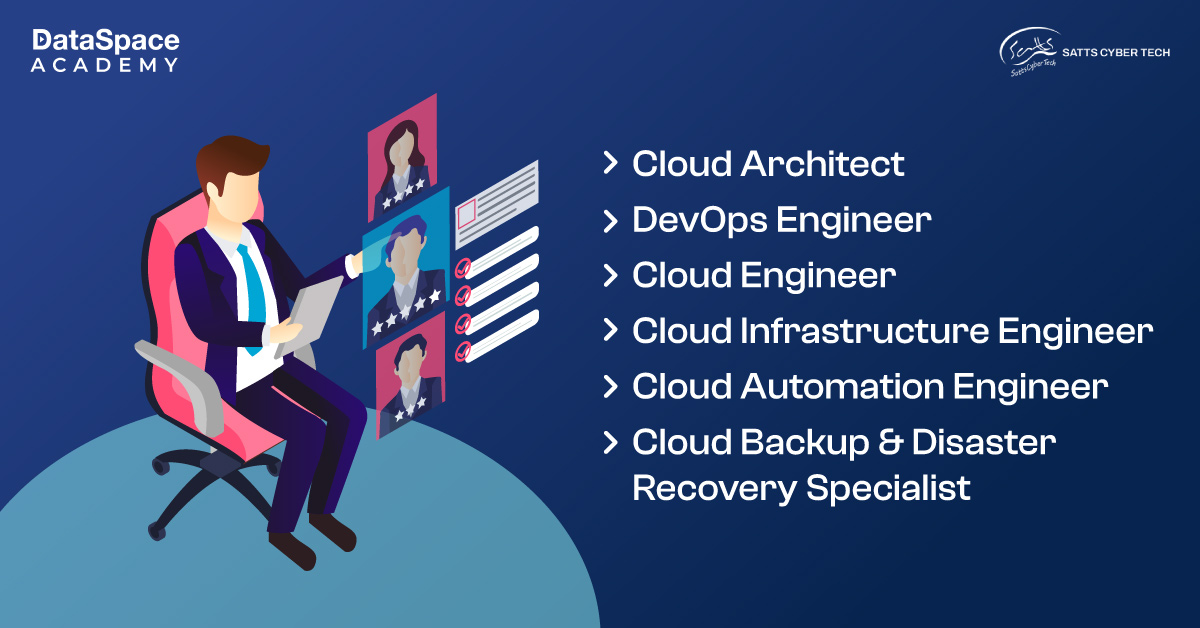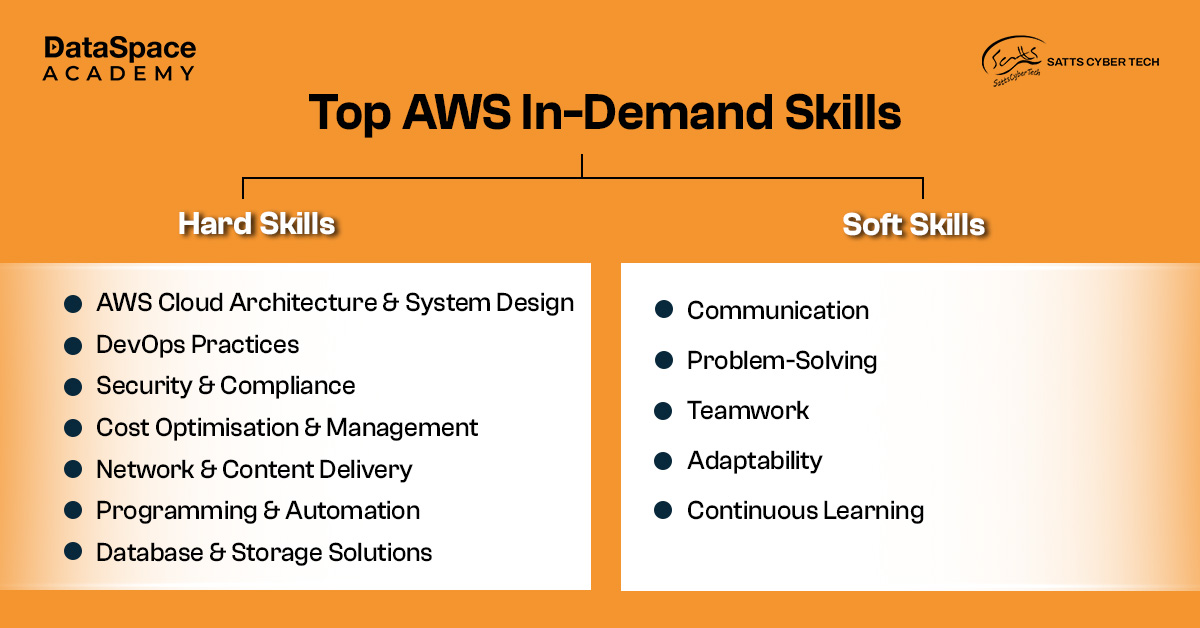As we are racing through the digital-first world, cloud computing is now a necessity. With businesses rapidly migrating to the cloud, professionals who master Amazon Web Services (AWS) find themselves at the forefront of innovation and opportunity. Whether you're an aspiring cloud engineer, a seasoned IT professional, or someone looking to upskill, AWS is the gold standard in cloud computing. It empowers every size of organisation- from startups to Fortune 500 companies - offering scalability, security, and endless possibilities.
However, given the rising demand for AWS experts, the job market is fiercely competitive. If you are aspiring to apply for AWS jobs, you should be acquainted with common
AWS web services interview questions.
This blog sheds light on popular
AWS interview questions and answers to help you prepare for a rewarding career in the AWS cloud.
Cloud is ever expanding with new innovations driving the need for proficient professionals. Hence aspiring cloud professionals must boost their skill arsenal to align with the requirements of the following in-demand AWS job roles:

So, are you ready to take your cloud aspirations to greater heights? Dive into our next section for the most frequently asked
interview questions and answers for AWS for both freshers and advanced levels.
For Freshers:
 So, are you ready to take your cloud aspirations to greater heights? Dive into our next section for the most frequently asked interview questions and answers for AWS for both freshers and advanced levels.
So, are you ready to take your cloud aspirations to greater heights? Dive into our next section for the most frequently asked interview questions and answers for AWS for both freshers and advanced levels.
 For Experienced Professionals:
Now, let’s discuss the top aws interview questions for experienced professionals.
For Experienced Professionals:
Now, let’s discuss the top aws interview questions for experienced professionals.
